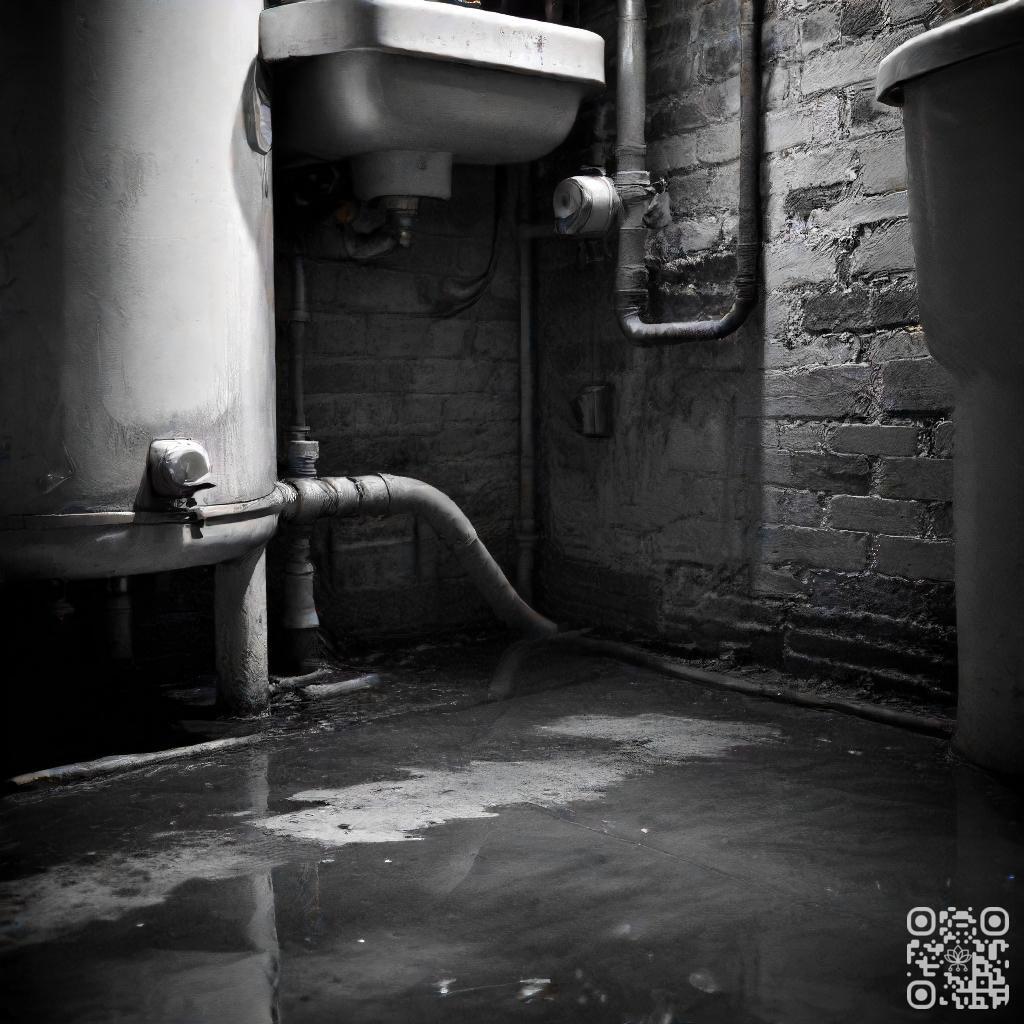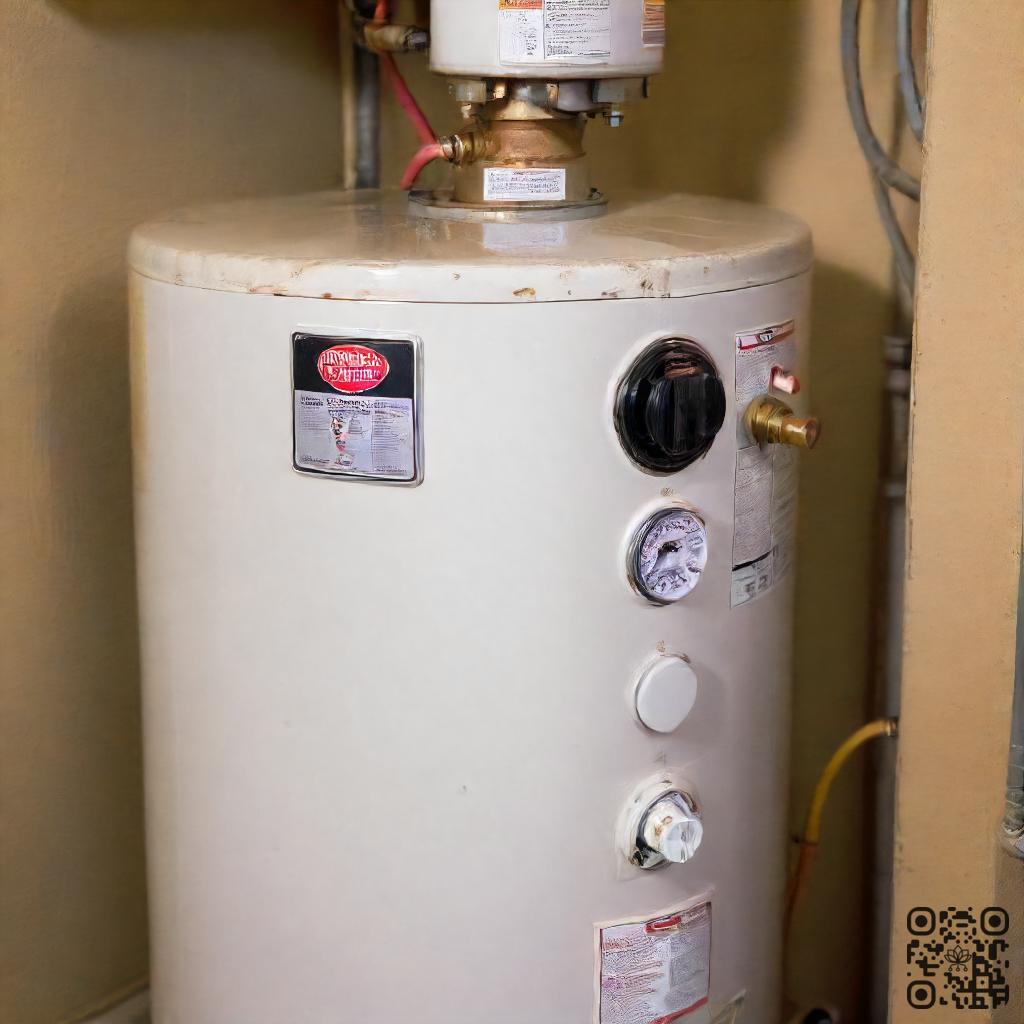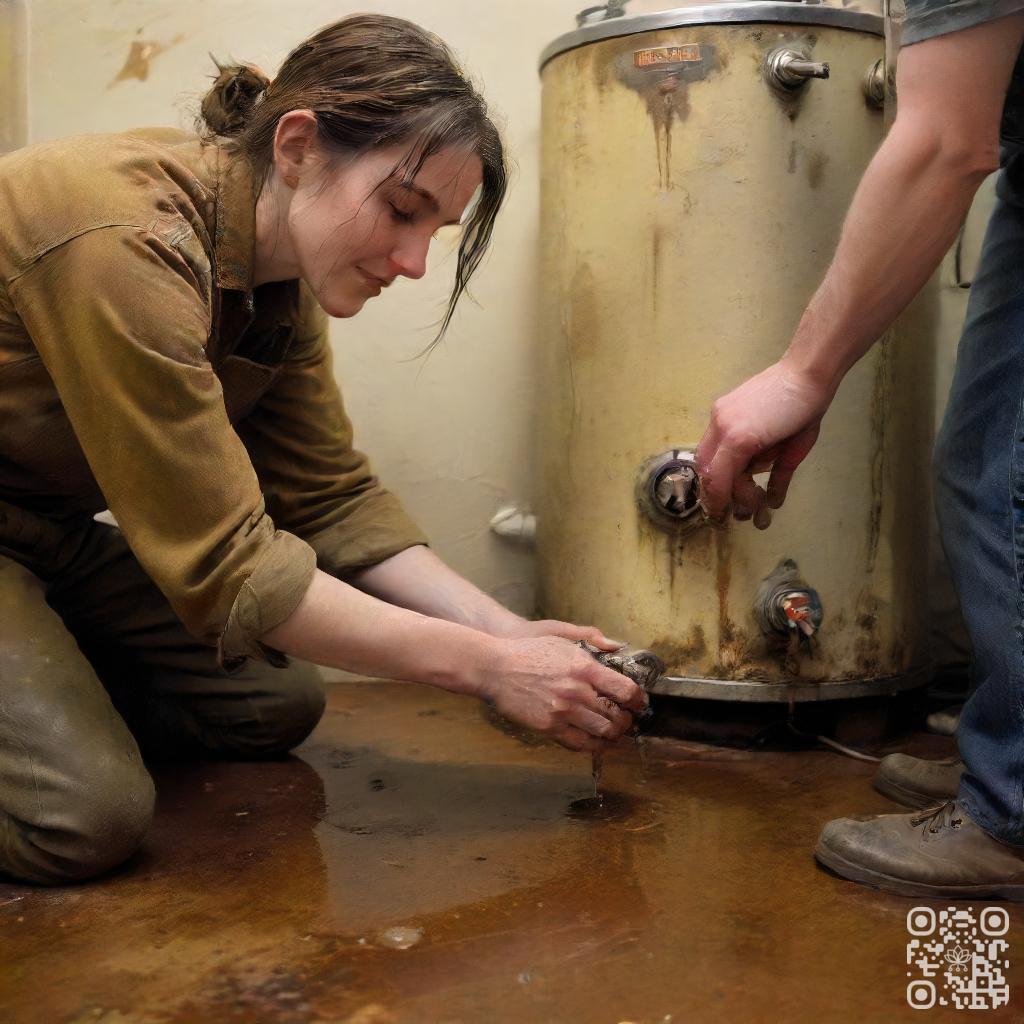
Detecting water heater leaks is essential to prevent water damage and potential costly repairs. By discerning the signs and symptoms of a leak, you can take immediate action to fix the issue.
Look for puddles or water stains around the water heater, listen for dripping sounds, and pay attention to any sudden changes in water temperature or pressure. Regularly inspecting your water heater and promptly addressing any leaks will help ensure the longevity and efficiency of your system.
Signs of Water Heater Leaks
1. Decreased Hot Water Pressure
If you’ve noticed a significant decrease in hot water pressure in your home, it could be a sign of a water heater leak. Leaks within the water heater can cause a disruption in the flow of hot water, resulting in reduced pressure when you turn on the tap. This can be especially noticeable during showering or when using hot water for household tasks. It’s important to address this issue promptly to prevent further damage.
2. Strange Noises Coming from the Water Heater
If you hear unusual noises coming from your water heater, such as popping, banging, or rumbling sounds, it may indicate a leak. These noises can occur when water escapes from the tank and comes into contact with the heating elements or sediment buildup. Ignoring these sounds could lead to more severe leaks or even a complete failure of the water heater. It’s crucial to have a professional inspect and repair the unit if you notice any strange noises.
3. Presence of Water Around the Water Heater
If you notice water pooling around the base of your water heater or in the surrounding area, it is a clear sign of a leak. Leaks can occur due to a variety of reasons, such as a faulty valve, loose connections, or a cracked tank. It’s important to address these leaks promptly to prevent water damage to your home and potential mold or mildew growth.
4. Rust or Corrosion on the Water Heater
Visible rust or corrosion on the exterior of your water heater is an indication of a potential leak. Rust can develop when water comes into contact with metal components, causing them to deteriorate over time. If left untreated, the rust can lead to leaks and further damage to the water heater. It’s essential to have a professional inspect the unit and replace any corroded parts.
5. Foul Odor Coming from the Water Heater
A foul odor emanating from your water heater can be a sign of a leak or bacterial growth within the tank. When water sits stagnant due to a leak, it can breed bacteria, resulting in unpleasant smells. If you notice a strong, sulfur-like odor coming from your water heater, it’s crucial to have it checked by a professional to determine the cause and take appropriate action.
| Signs of Water Heater Leaks |
|---|
| Decreased Hot Water Pressure |
| Strange Noises Coming from the Water Heater |
| Presence of Water Around the Water Heater |
| Rust or Corrosion on the Water Heater |
| Foul Odor Coming from the Water Heater |
Causes of Water Heater Leaks
Water heater leaks can be a frustrating and inconvenient problem to deal with. Embracing the potential causes of these leaks can help you identify and address the issue promptly. Here are the key factors that can contribute to water heater leaks:
1. Age of the Water Heater
One common cause of water heater leaks is the age of the unit. Over time, the internal components of the water heater can deteriorate, leading to leaks. Imperative to keep track of the age of your water heater and consider replacement if it is nearing the end of its lifespan.
2. Sediment Buildup
Another factor that can cause water heater leaks is sediment buildup. Over time, minerals and debris can accumulate at the bottom of the water heater tank. This sediment can corrode the tank and eventually cause leaks. Regular maintenance, such as flushing the tank, can help prevent sediment buildup and extend the lifespan of your water heater.
3. Loose or Damaged Connections
Leaks can also occur due to loose or damaged connections in the water heater system. Fundamental to regularly inspect the connections and ensure they are tight and secure. If you notice any signs of leakage or damage, it is crucial to address them promptly to prevent further issues.
4. High Water Pressure
High water pressure can put additional stress on the water heater and cause leaks. Excessive pressure can lead to cracks or ruptures in the tank or connections. Installing a pressure regulator can help maintain a safe and consistent water pressure, reducing the risk of leaks.
5. Corrosion
Corrosion is a common cause of water heater leaks, especially in older units. The constant exposure to water can cause the tank or pipes to corrode over time. Regular inspection and maintenance can help identify and address any signs of corrosion before they lead to leaks.
Steps to Detect Water Heater Leaks
Water heater leaks can cause significant damage to your home and lead to costly repairs. Indispensable to detect any leaks early on to prevent further damage. Follow these steps to effectively detect water heater leaks:
Step 1: Turn off the Power Supply
Before inspecting your water heater, ensure that you turn off the power supply. This will help prevent any accidents or injuries meanwhile examining the unit.
Step 2: Inspect the Water Heater
Thoroughly examine the water heater for any visible signs of leaks. Look for water puddles, dampness, or corrosion around the unit. Pay close attention to the bottom of the tank as leaks often occur there.
Step 3: Check the Pressure Relief Valve
The pressure relief valve is an essential component of a water heater. It helps regulate the pressure inside the tank and prevents it from exceeding safe levels. Inspect the valve for any leaks or signs of malfunction.
Step 4: Test the Temperature and Pressure Relief Valve
To ensure the temperature and pressure relief valve is functioning correctly, perform a quick test. Carefully lift the lever on the valve and release it. You should hear a rush of water as the valve opens and closes. If no water comes out or if it continues to leak after releasing the lever, the valve may need to be replaced.
Step 5: Check the Drain Valve
The drain valve is located near the bottom of the water heater and is used to flush out sediment and debris. Inspect the drain valve for any leaks or signs of damage. If you notice any leaks, it may indicate a problem with the valve or the tank itself.

How to Fix Water Heater Leaks
Water heater leaks can be a frustrating and potentially damaging issue. It’s important to address them promptly to prevent further damage and ensure the longevity of your water heater. Here are some steps you can take to fix water heater leaks:
1. Tighten Loose Connections
One common cause of water heater leaks is loose connections. Check all the connections, such as inlet and outlet pipes, and make sure they are securely tightened. Use a wrench to tighten any loose fittings, but be careful not to overtighten and cause damage.
2. Replace Damaged Parts
If you have identified a specific part that is causing the leak, such as a valve or pipe, you may need to replace it. Turn off the water supply to the heater, drain the tank, and carefully remove the damaged part. Take it to a hardware store or consult a professional to find a suitable replacement.
3. Flush the Water Heater
Sediment buildup can cause leaks in your water heater. To flush the heater, turn off the power and the water supply. Attach a hose to the drain valve and place the other end in a suitable draining area. Open the drain valve and let the water flow until it runs clear. This will help remove any sediment and improve the efficiency of your water heater.
4. Replace the Water Heater
If your water heater is old or the leaks persist despite your efforts to fix them, it may be time to consider replacing the unit. Newer models are often more energy-efficient and have improved safety features. Consult a professional to determine the right size and type of water heater for your needs.
| Step | Description |
|---|---|
| 1 | Tighten Loose Connections |
| 2 | Replace Damaged Parts |
| 3 | Flush the Water Heater |
| 4 | Replace the Water Heater |

Preventing Water Heater Leaks
Water heater leaks can cause significant damage to your home and lead to costly repairs. By heeding proper maintenance and taking preventive measures, you can avoid these issues and ensure the longevity of your water heater.
1. Regular Maintenance
Regular maintenance is essential to prevent water heater leaks. This includes inspecting the unit for any signs of corrosion or wear and tear. Additionally, checking the connections, valves, and pipes for leaks or loose fittings can help identify potential issues before they become major problems.
2. Flushing the Water Heater
Flushing your water heater regularly is crucial to remove sediment buildup, which can cause leaks and reduce the efficiency of the unit. This process involves draining the tank to remove any accumulated debris and sediment. It is recommended to flush the water heater at least once a year to maintain optimal performance.
3. Installing a Water Softener
Hard water can contribute to the corrosion and deterioration of your water heater, leading to leaks. Installing a water softener can help reduce mineral deposits and extend the lifespan of your unit. A water softener works by removing minerals such as calcium and magnesium from the water, preventing them from causing damage to the water heater.
4. Checking the Pressure Relief Valve
The pressure relief valve is a crucial safety feature of your water heater. It releases excess pressure to prevent the tank from bursting. Regularly checking this valve and ensuring it is functioning correctly can help prevent leaks and potential accidents. If the valve is damaged or not functioning properly, it should be replaced immediately.
5. Monitoring Water Pressure
High water pressure can put excessive strain on your water heater, leading to leaks and other issues. Pivotal to monitor the water pressure and ensure it is within the recommended range. If the pressure is too high, installing a pressure regulator can help protect your water heater and prevent leaks.
| Preventive Measure | Frequency |
|---|---|
| Regular Maintenance | At least once a year |
| Flushing the Water Heater | At least once a year |
| Installing a Water Softener | As needed |
| Checking the Pressure Relief Valve | Regularly |
| Monitoring Water Pressure | Regularly |
Bottom Line
Water heater leaks can cause significant damage to your home and increase your utility bills. It is essential to detect and fix them as soon as possible. Regular maintenance and inspection can help prevent leaks from occurring. Look for signs of leaks such as water puddles, rust, and corrosion. Check the pressure relief valve and drain valve for leaks. If you suspect a leak, turn off the power and water supply to the heater and call a professional plumber. Don’t ignore water heater leaks as they can lead to costly repairs and even pose a safety hazard. By taking proactive measures, you can ensure your water heater operates efficiently and safely for years to come.
Read More:
1. Diy Water Heater Leak Repair
2. Water Heater Leak Prevention Tips
















